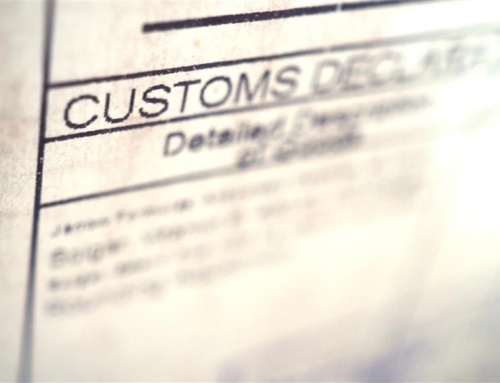MARINE ENVIRONMENT PROTECTION COMMITTEE MEETING
During the recent gathering of the Marine Environment Protection Committee (MEPC 80), representatives from various Member States of the International Maritime Organization (IMO) came together to discuss the reduction of greenhouse gas (GHG) emissions from ships. In a significant development, they unanimously approved the 2023 IMO Strategy on Reduction of GHG Emissions from Ships, which now includes more ambitious targets aimed at addressing the issue of harmful emissions.
“The adoption of the 2023 IMO Greenhouse Gas Strategy is a monumental development for IMO and opens a new chapter towards maritime decarbonization. At the same time, it is not the end goal, it is in many ways a starting point for the work that needs to intensify even more over the years and decades ahead of us. However, with the Revised Strategy that you have now agreed on, we have a clear direction, a common vision, and ambitious targets to guide us to deliver what the world expects from us.”
Kitack Lim
IMO Secretary-General
2023 IMO STRATEGY ON REDUCTION OF GHG EMISSIONS HIGHLIGHTS
The negotiations during the two-week MEPC 80 meeting at the IMO headquarters in London concluded with the following key outcomes:
The global emissions target for shipping was revised from a 50% reduction (based on 2008 data) to achieving net-zero emissions by or around 2050.
Increase zero or near-zero GHG emission technologies, fuels and/or energy sources to at least 5%, ideally 10%, of the energy used by international shipping by 2030.
Strengthen the energy efficiency design requirements for ships.
IMPACT ON SHIPPING INDUSTRY
These new shipping industry targets will require transformative change that impacts worldwide shipowners, requiring ship design alterations and adjustments to business models. Also of concern is the price disparity between fossil fuels and sustainable alternatives currently hampers investments in green fuel production and infrastructure. In response, some shipowners have expressed support for economic measures in the form of a carbon levy, creating a global fund to address the cost differential. One company proposed a carbon tax of at least $150 per ton of CO2 emitted, while another suggested a carbon emissions penalty or tax ranging from $200 to $300 per ton of CO2.
The adoption of the 2023 IMO Strategy on Reduction of GHG Emissions from Ships among Member States is a concrete step toward mitigating the environmental impact of shipping. By setting ambitious targets and outlining a clear roadmap for the adoption of cleaner fuels, the IMO and its member nations are signaling their commitment to a more sustainable future for the maritime industry.
MARINE ENVIRONMENT PROTECTION COMMITTEE (MEPC 80)
The Marine Environment Protection Committee (MEPC) addresses environmental issues under IMO’s remit. This includes the control and prevention of ship-source pollution covered by the MARPOL treaty, including oil, chemicals carried in bulk, sewage, garbage and emissions from ships, including air pollutants and greenhouse gas emissions. Other matters covered include ballast water management, anti-fouling systems, ship recycling, pollution preparedness and response, and identification of special areas and particularly sensitive sea areas.
INTERNATIONAL MARITIME ORGANIZATION (IMO)
The International Maritime Organization is a specialized agency of the United Nations which is responsible for measures to improve the safety and security of international shipping and to prevent pollution from ships. It is also involved in legal matters, including liability and compensation issues and the facilitation of international maritime traffic. It was established by means of a Convention adopted under the auspices of the United Nations in Geneva on 6 March 1948 and met for the first time in January 1959.
NEED HELP COMPLYING WITH SUSTAINABILITY REGULATIONS?
Visit GreenWorldwide.com to learn how we are supporting efforts to create a sustainable global supply chain.







